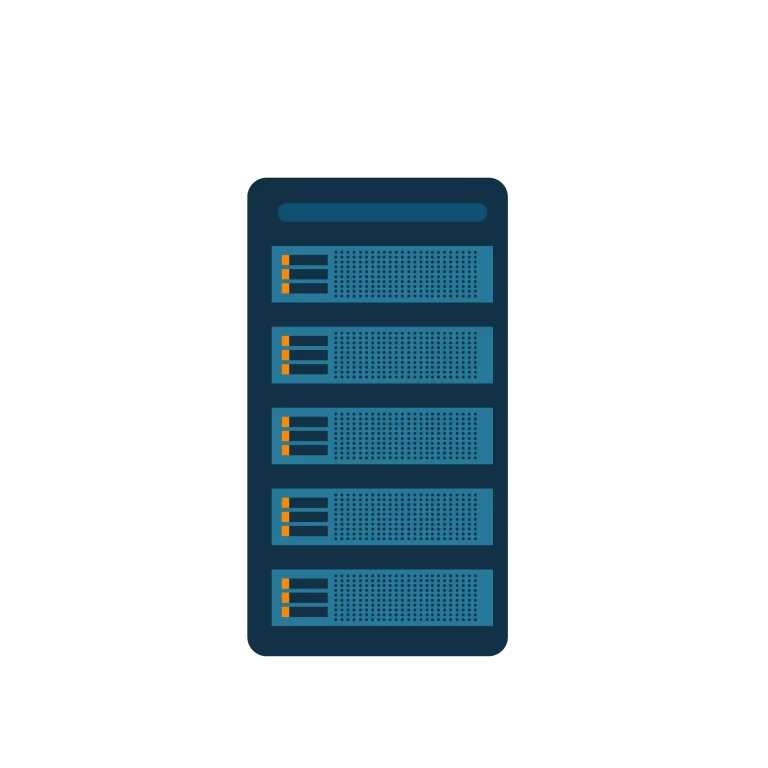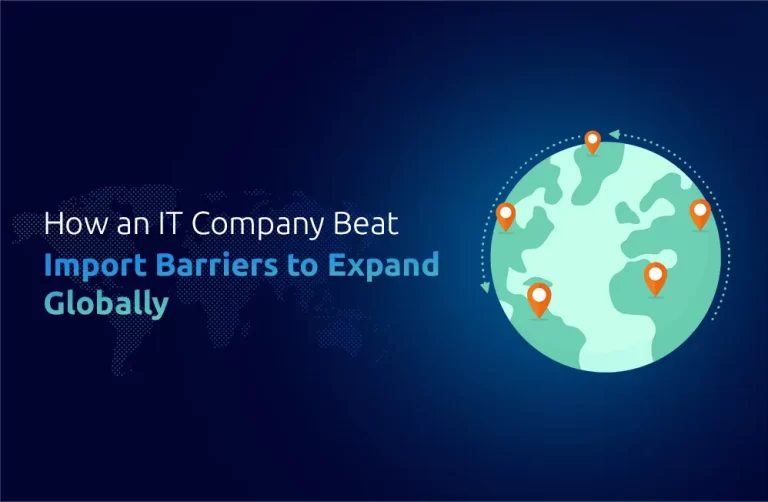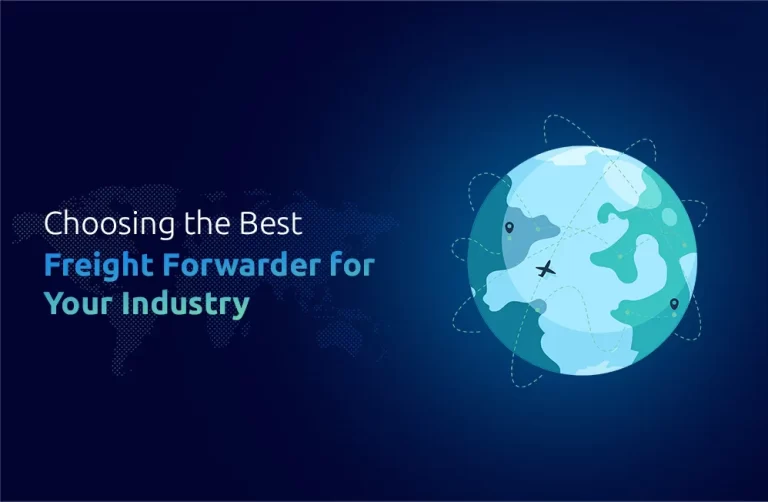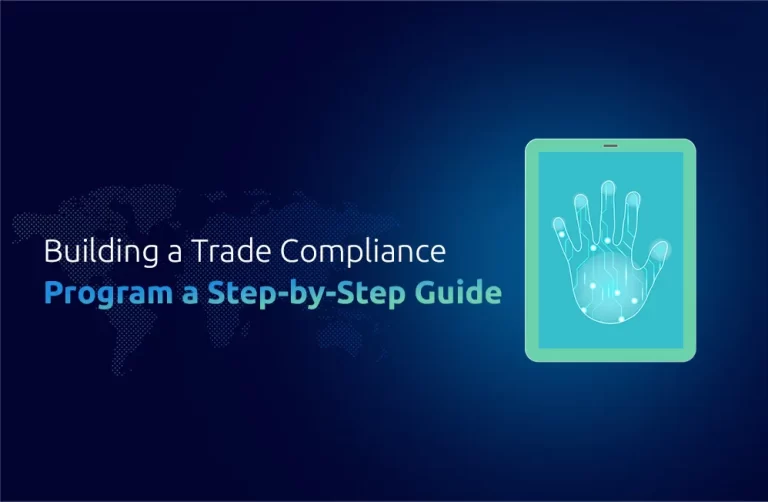Types of Warehousing Services in South Korea
South Korea offers a wide array of warehousing services customized to meet the requirements of various industries and business sizes. Public warehouses provide flexible and affordable storage solutions, making them perfect for small to medium organizations looking for scalable options. For bigger corporations, private warehouses provide dedicated storage and customized inventory management systems to ensure smooth operations. Bonded warehouses are mostly used for storing imported goods under customs control, mainly those regulated by HTS Harmonized Tariff Schedule codes, allowing businesses to delay tax costs until goods are delivered. Cold storage warehouses play a pivotal role in storing temperature-controlled goods, specifically within the medical and aviation sectors, where a good combination is crucial. Also, South Korea holds technological innovation through automated warehouses that feature robotics and automated guided vehicles, hugely increasing order processing speed and accuracy.
What Are the Different Advantages of Warehousing Services in South Korea?
Warehousing in South Korea provides a multitude of business advantages. It increases supply chain visibility and reduces lead times through ontime inventory tracking and improved distribution networks. The integration of supplier relationship management tools confirms smoother communication across partners. Businesses benefit from favorable Incoterms, such as DAP and DAPS, that define clear responsibilities in global shipping. But, South Korea’s participation in trade programs such as the Generalized System of Preferences allows cost-effective import and export processes, specifically when combined with the correct HS Code or Harmonized System Code classification.
Insights of IT, Aviation, Medical, and Automotive Industry in South Korea
IT Industry: As a global tech powerhouse, South Korea hosts companies such as Samsung and LG, necessitating high-volume, secure, and high-tech warehousing solutions. WMS and live tracking systems are commonly used in the IT sector.
Aviation Industry: With Incheon International Airport serving as a major shipping point, the aviation sector demands cold chain storage, parts warehousing, and accurate logistics, supported by simplified customs broker services.
Medical Industry: South Korea’s growing biotech and medical sectors require agreement-focused warehousing for temperature-sensitive goods, using cold chain infrastructure and bonded storage under strong HTS Harmonized Tariff regulations.
Automotive Industry: Home to global brands such as Hyundai and Kia, the country depends on big-scale warehousing for parts and assembly components, confirming timely delivery through strong SCM supply chain management methods.
Conclusion
South Korea’s warehousing industry is the basis of its broader logistics and supply chain ecosystem. With advanced technology adoption, major hubs, and customized services for key industries, businesses can achieve operational excellence and global reach. Suppose you’re searching for “warehousing near me” or planning a long-term supply and chain management strategy in East Asia. In that case, South Korea presents an aggressive and future-ready environment for growth.
DID YOU KNOW?
In 2023, the value of auto parts exported from South Korea to North America exceeded 8.34 billion US dollars. Overall, part exports had dropped from the previous year. Nonetheless, the market is recovering after the drop in 2020 caused by the COVID-19 pandemic.








